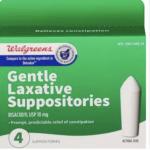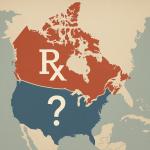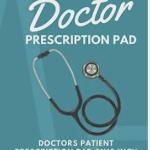I’ve written about this stupidity before. I’ll do it again next year. It will still be stupid then. [1]
regulation
Join Cameron English and Dr. Chuck Dinerstein on Episode 136 of the Science Dispatch podcast as they tackle the ethics of drug advertising.
By Jeffrey A. Singer and Bautista Vivanco
When Mark Ibsen, MD, spoke as a panelist in the Cato online event “Pain Refugees: Collateral Damage in the War on Drugs” last December, he had no idea that represe
Join Cameron English, Dr. Chuck Dinerstein and Dr. Barbara Billauer on Episode 77 of the Science Dispatch podcast as they discuss this landmark court case:
Humans have practiced genetic modification, or genetic engineering (GE), of plants and animals through selection and breeding for more than 10,000 years. It’s called agriculture.
Humans have practiced genetic modification, or genetic engineering (GE), of plants and animals through selection and breeding for more than 10,000 years. It’s called agriculture.
Join Cameron English and Dr. Barbara Billauer on Episode 70 of the Science Dispatch podcast as they discuss AI in medicine with Stanford Law professor Michelle Mello:
Dietary supplements are a big business.
Join host Cameron English, Dr. Chuck Dinerstein and Dr. Barbara Bilauer as they break down these stories on Episode 54 of the Science Dispatch podcast:










